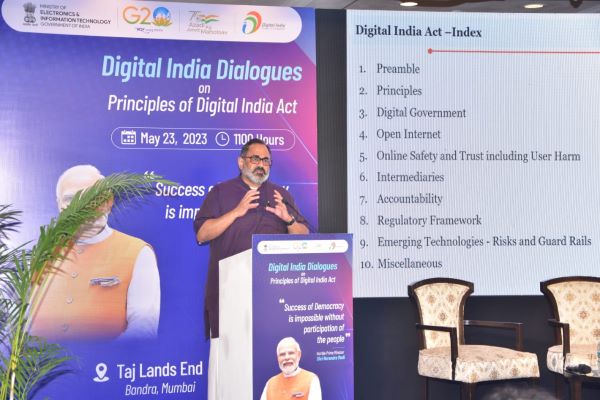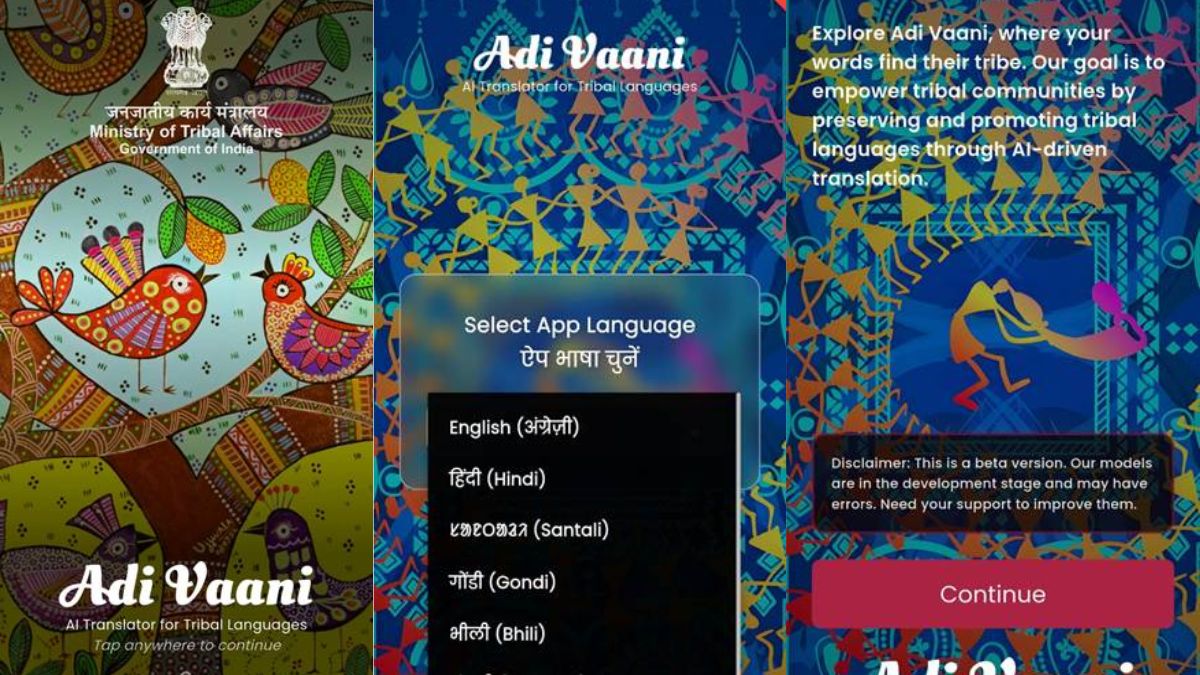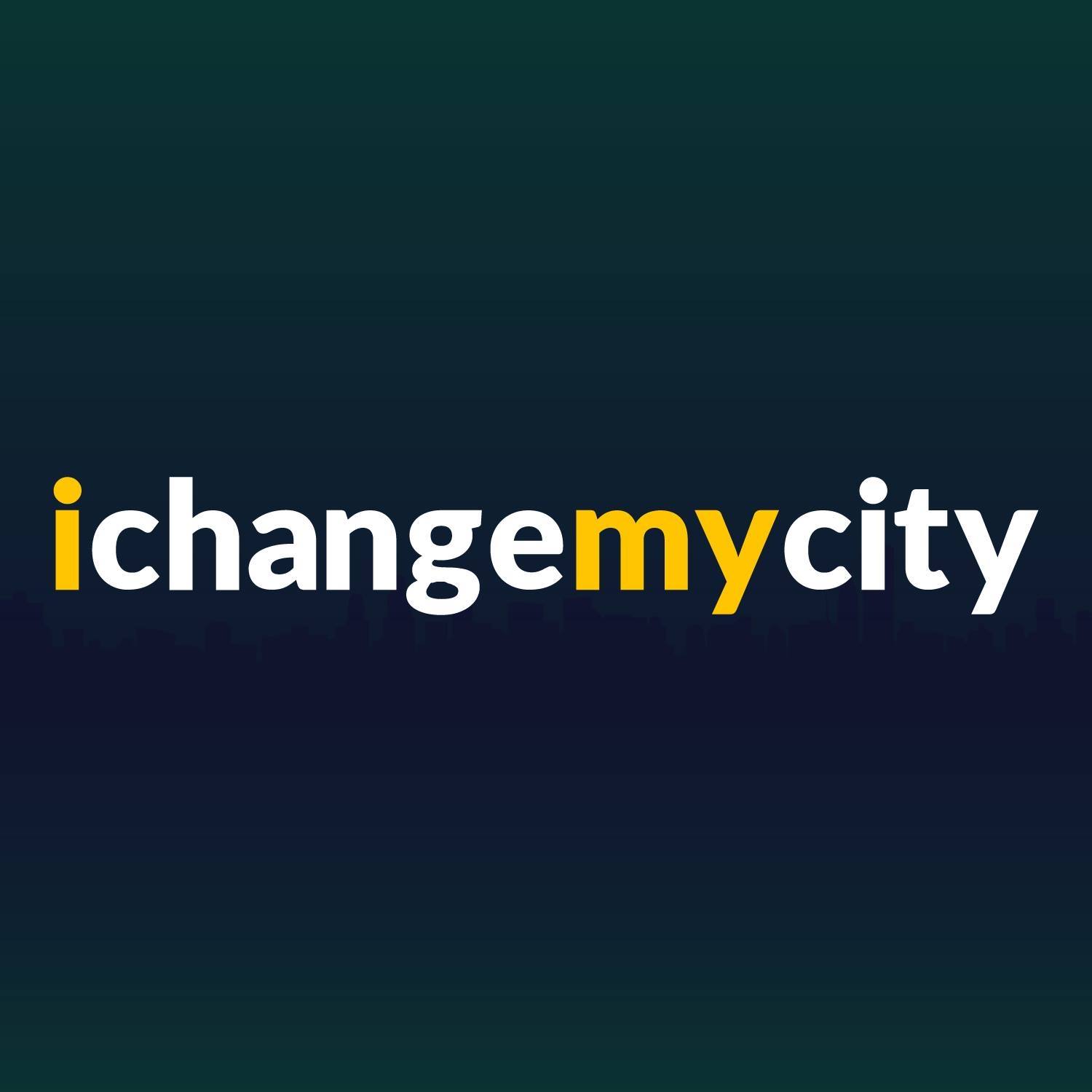Union Minister of State for Skill Development and Entrepreneurship and Electronics and IT Rajeev Chandrasekhar today held Digital India Dialogues on the Principles of the Digital India Act, a future ready legislation that aims to replace the existing IT Act and provide a strong legal framework for protecting the rights of the Digital nagriks while ensuring an enabling environment for innovation and growth.
Referring to DIA basic principles, Rajeev Chandrasekhar said the Act seeks to harmonise everything that’s going on in the tech space. Talking about Safety & Trust, the Minister mentioned “Safety and Trust will be at the heart of the DIA, and it is going to be a huge section in the DIA. Online harm is also being dealt with by regulators globally.
India is soon going to have 1.3 billion people accessing the internet and these Digital Nagriks should approach the internet without any fear and mistrust, especially as many government services also move to the internet. A safe and trusted internet is a win-win for all stakeholders. Weaponisation of misinformation and disinformation is also a major concern that needs to be addressed, especially with the added catalyst of AI-driven deepfakes”
While responding to questions from stakeholders on the issue of sectoral regulation, the Minister also clarified various other issues including:
On the issue of intersecting regulation by sectoral regulators: DIA will allow sectoral regulators such as RBI and SEBI and other ministries to create additional safeguards. The DIA will result in harmonization of different laws and sectoral regulators will be consulted for this purpose.
On the issue of regulating emerging technologies: AI will be regulated through the prism of user harm. The objective is to ensure that emerging technologies should not cause any harm to Digital Nagariks. Similarly, the industry can suggest guardrails for blockchain and Web 3.0. We will not ban anything in the innovation space, unless it is linked with user harm. We want to lead the charge in Web 3.0 and in AI–with guardrails defined. I am not a big fan of regulators in the sense that it shouldn’t create another layer of compliance.
On the issue of compliance for startups: The Minister emphasized that in all recent laws, such as the CERT-In directions released in April 2022 or the upcoming Digital Personal Data Protection Bill, 2023, startups have either been provided exemptions or an extended time period for compliance.
The proposed law will be an important pillar of the Global Standard Cyber law framework that is being formulated by the Government for catalyzing India’s digital economy goals. Digital Personal Data Protection Bill, National Data Governance Framework policy, the recent amendments to the IT Rules, CERT-In guidelines will form the other elements of this framework.
– PIB







